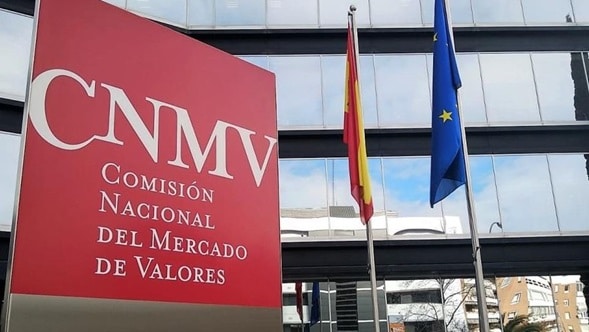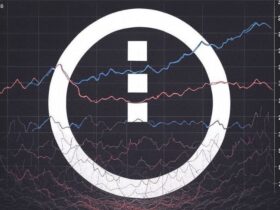With the entry into force in Europe of the Regulation for the Cryptoasset Market (MiCA), this Monday, December 30, the Spanish authorities announce the measures that will be implemented in the coming days and issue warnings to investors.
In a release recently, the National Securities Market Commission (CNMV) clarified the deadlines and obligations that must be met cryptocurrency companies.
He recalled in this sense that in Spain the transitional period was established at 1 year, with an expiration date for December 30, 2025.
This is a period or “grandfathering period,” also known as grand-fathering periodto. It will allow the transposition of the country’s local laws to adapt them to MiCA throughout the coming year.
According to the publication, this period will allow the exchanges currently operating in Spain, identified as cryptoasset service providers (PSAV), to continue providing their services. while processing the authorizations required by MiCA.
However, they must strictly comply with current regulations and avoid operating without proper authorization, as they could be included in the CNMV’s black lists as “financial beach bars.”
In this way, the platforms that continue to provide services in Spain from January 2025, without having taken advantage of the transitional period, could be sanctioned. “In any case, the CNMV will include them, when it detects them, on the list of unauthorized entities.”
It is also noted that non-Spanish companies that take advantage of the transitional periods of other EU countries They will not be able to operate in Spain during in 2025.
It is also announced that the Bank of Spain, which until now maintained a registry of PSAV, will stop making new registrations starting this December 30, 2024, although it will continue to verify previously registered entities.
All of this will mean that during the year 2025, suppliers authorized under the MiCA regulations will coexist with those that have taken advantage of the Spanish transitional regime.
“Due to the high complexity of the rule and especially the transitional periods it contemplates, the outlook may not be sufficiently clear during 2025,” points out the CNMV drawing the attention of investors, companies and the general public in Europe to this issue.
Therefore, investors are recommended review the list from authorized companies before trading with a certain cryptocurrency platform.
It is also remembered that new issues of cryptoassets (other than stablecoins) will be subject to MiCA and must send prior notification to the CNMV. Offerors must deliver to the agency a white paper with relevant information and warnings about the issue, which will be submitted for approval.

To guarantee compliance and clarify doubts, the CNMV has enabled a query channel at the email address consultationtituloIImica@cnmv.es.
The CNMV does not guarantee protection
In its publications, the CNMV of Spain reiterates a series of alerts, pointing out that MiCA does not guarantee investment protection.
They cite the warnings that the European Securities and Markets Authority (ESMA) has already made, indicating that, although the MiCA regulations establish a new regulatory framework in the region, it does not protect at the same level as the regulation on financial instruments.
Investing in crypto assets continues to carry significant risks. This statement highlights that they will not be covered by an investor compensation system (in Spain, the investment guarantee fund). These systems compensate in cases where, for example, an investment entity commits fraud or declares bankruptcy and is unable to return financial instruments.
CNMV.
As CriptoNoticias has reported, the organization has been making all these alerts for months. In fact, last October, Rodrigo Buenaventura, president of the CNMV, expressed his concerns on investor protection of cryptocurrencies during that transition time.
“MiCA does not eliminate crypto risks,” said the official, who hopes that during 2025 there is a lot of confusion related to the Regulation and the transition period.
Buenaventura, who is usually cautious about the sector, continues to consider that cryptocurrencies “are very high risk.”
The statements of the official and the alerts and indications of the CNMV They are made a few days after the entry into force of MiCAa fact that occurs amid delays. It is expected that once countries adapt, the new regulation will substantially modify the European cryptocurrency market.






Leave a Reply